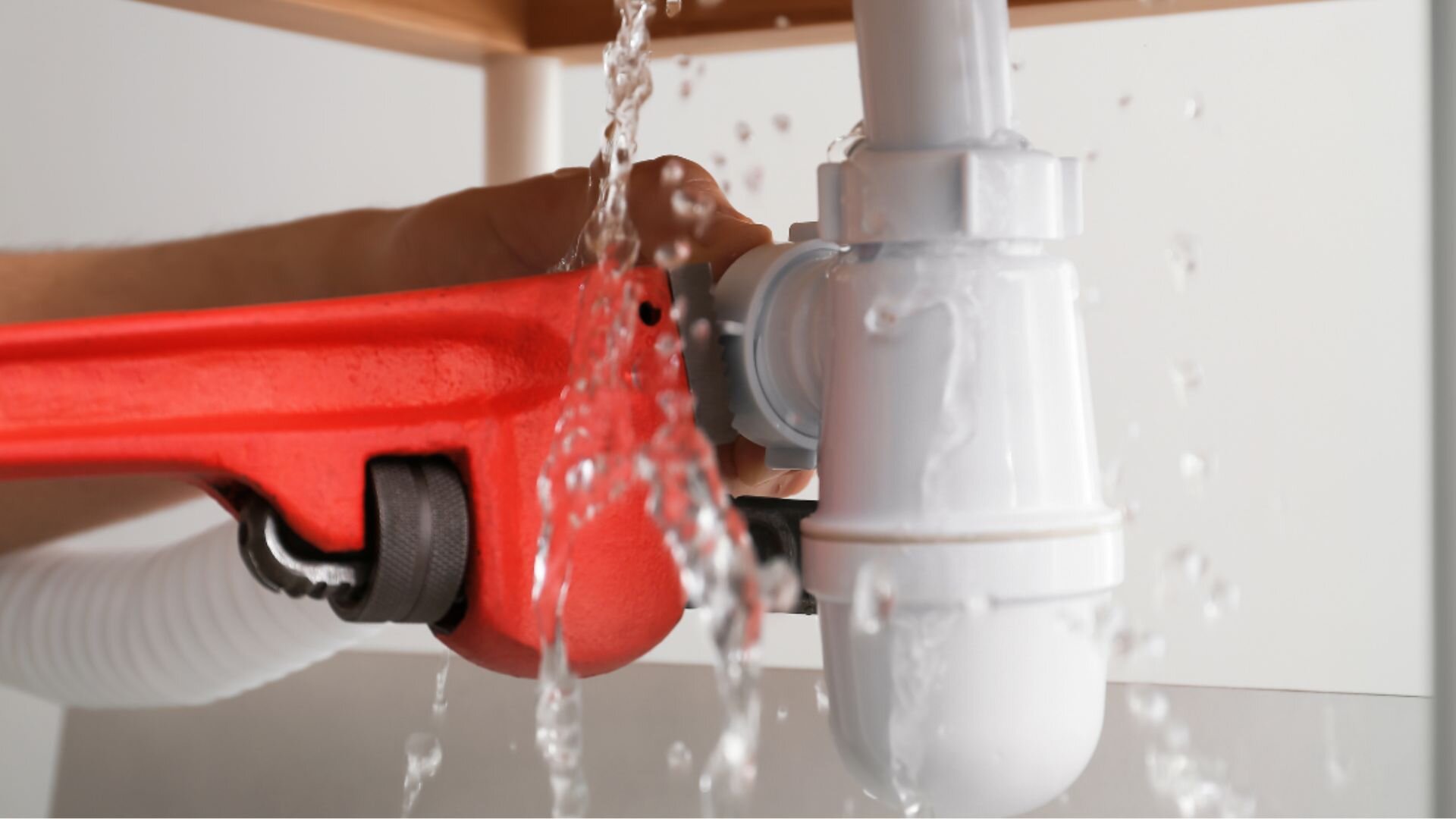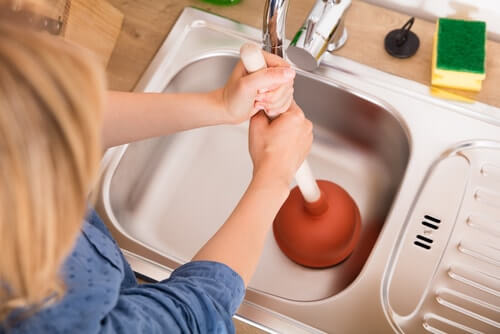Crucial Emergency Plumbing Advice to Follow Until Support Arrives
Crucial Emergency Plumbing Advice to Follow Until Support Arrives
Blog Article
The content underneath on the subject of What to Do While Waiting for an Emergency Plumber is extremely stimulating. You should keep reading.

Pipes emergencies can strike at any moment, triggering tension and prospective damage to your home. Whether it's a burst pipe, a clogged drain, or a leaky tap, recognizing just how to handle the circumstance up until a professional plumbing arrives can save you from more difficulties. This post offers vital emergency pipes pointers to assist you reduce damage and reclaim control throughout a plumbing crisis.
Turn Off the Water
The very first step in any plumbing emergency situation is to turn off the water supply. For local problems, such as a leaking tap or bathroom, shut off the valve near the fixture. In the case of a major leak or ruptured pipeline, situate your home's major water shut-off shutoff and turn it off right away. Understanding the location of these shutoffs ahead of time can conserve useful time during an emergency.
Turn off Your Water Heater
In particular emergencies, such as a burst pipe, it's smart to shut down your hot water heater. This avoids getting too hot or damage to the unit when water quits flowing. Switch off the power supply to the water heater (electrical or gas) and let it cool to prevent potential dangers.
Temporarily Quit a Burst Pipe
A ruptured pipeline can cause significant water damage in mins. To reduce the concern:
Call an expert plumber right away to resolve the problem completely.
Have an Emergency Situation Plumbing Kit
Prepare a fundamental pipes emergency set to take care of small issues successfully. Your package ought to consist of:
Having these devices handy can make a considerable distinction in your capacity to take care of emergencies.
Unclog Drains Safely.
A stopped up drainpipe can be an irritating and unpleasant concern. Here's how to tackle it:.
If these methods do not function, prevent using excessive pressure, as it might worsen the blockage.
Manage Overflowing Toilets.
An overflowing toilet can create prompt turmoil. Right here's what you must do:.
Address Little Leaks with Short-lived Repairs.
Small leakages can promptly end up being significant troubles if left untreated. Use these temporary solutions until specialist assistance arrives:.
While these repairs aren't permanent, they can aid reduce water loss and damages.
Deal With Frozen Water Lines Carefully.
In cooler climates, icy pipes are an usual emergency. If you presume a frozen pipeline:.
Know When to Call an Expert.
While quick fixes can assist momentarily, specific pipes problems call for instant specialist interest. Call a plumber if:.
Quickly calling a specialist ensures the issue is fixed properly and protects against further complications.
Avoid Additional Damages.
Taking fast activity to decrease damages can conserve you money and time in the future. Here's how:.
Verdict.
Pipes emergency situations can be frustrating, however with the ideal knowledge and tools, you can take care of the scenario properly until help arrives. By turning off the water, attending to little leaks, and making use of short-lived solutions, you can lessen damage and keep your home safe. Bear in mind, these pointers are momentary services; always seek advice from an accredited plumber to handle the origin of the issue. Preparation and quick reasoning are your finest allies in any type of plumbing emergency situation.
8 Helpful Tips for Managing Plumbing Emergencies at Home
If your plumbing system hasn’t failed once, wait for it because almost everyone has a story to tell. Sometimes, it could be simple emergencies such as a leaking pipe, a blocked cistern, or even a big burst pipe. In situations like this, you need to have some handy tips to save you some money and from possible damages.
Take care of minor issues early.
Sometimes, you could have avoided an emergency by taking proactive measures while it was still early. Some major plumbing emergencies can be a result of an ignored minor issue. We recommend that you have items like plumbing tapes and other related items. A plumbing tape can allow you to manage minor leaks before the plumber arrives.
Cut off the water supply.
This tip is essential in almost any type of leakage problem. For problems like minor leakages in the toilet or kitchen, turn off the supply that takes water to the affected pipes. If the leakage is a major pipe, you must shut off the supply valve to the entire building. This will help you avoid flooding your home and neighbors if you share a flat.
Know your plumbing system
Folks typically move into a new apartment without understanding the water supply around the building. This can prove disastrous if a water emergency arises and the plumber is far away. The previous tip will prove useless if you don’t practice this one. More importantly, know where your water shut-off valve is located – you’ll need that knowledge to prevent potential home floods.
Have some common handy tools
There are lots of plumbing emergencies that you can handle without hiring a plumber. That’s why you must keep some tools available always. Some tools that you can use to fix simple plumbing emergencies easily include plumbing tapes, screwdrivers, thread seal tapes, plungers, pliers, tape measures, and rubber gloves.
Insulate your pipes from cold
You’ll save yourself from many plumbing expenses if you protect your water pipes from the cold. This is because of the harmful effects that cold weather can have on your pipes. During winter, your pipes can burst from being overly expected to freezing temperatures. So, make sure insulators are there to keep the pipes working correctly.
Avoid practices that will clog your toilet.
Many people indulge in practices that can damage the plumbing system of the entire building. One of these is when they use their toilet to dispose-off garbage. They flush all kinds of things, such as paper towels, bandages, hairs, female sanitary products, etc., down the toilet. This will block your toilet in the long run, incurring unnecessary expenditures. Dump such waste in the trash instead.
Check your dials regularly.
Sometimes, there could be leakages in your home without noticing them in time. So, constantly monitor your water meter dial. If the dial is reading when there is nobody using water, this is an indicator that there is leaking. Check for leaks immediately. Call a plumber as soon as possible if you can’t find any.
https://www.constructionplacements.com/8-helpful-tips-for-managing-plumbing-emergencies-at-home/

I discovered that blog posting about while doing a search on the web. Are you aware of somebody who is excited by the topic? Be sure share it. Thanks for going through it.
Click Here Report this page